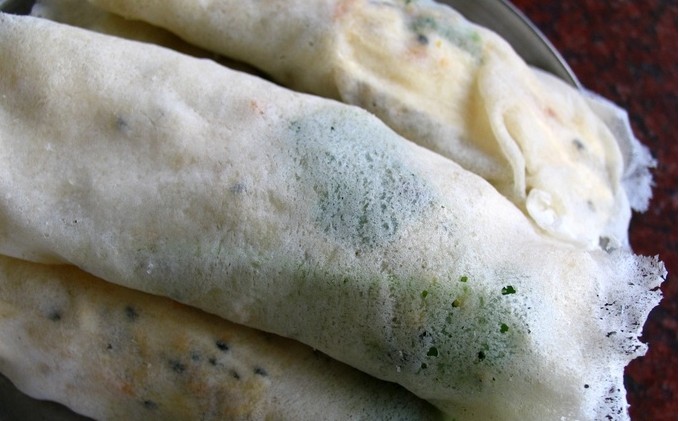No matter whether in the realm of cuisine or linguistics,
不管在中餐还是在中文里
the word "taste" encapsulates infinite possibilities.
神奇的"味"字似乎都充满了无限的可能性
Besides gustatory and olfactory experiences,
除了味觉和嗅觉
it can also refer to feelings incited by things way beyond food.
在中国文化里对于"味道"的感知和定义既源于饮食,又超越了饮食
For the Chinese, taste is a matter of not only the tongue and nose,but the heart.
也就是说能够真真切切地感觉到"味"的不仅是我们的舌头和鼻子还包括中国人的心
The Equilibrium of Tastes
《五味的调和》
As in the rest of the world,the Chinese use sweetness to explore the feeling of joy and happiness.
和全世界一样汉语也用"甜"来表达喜悦和幸福的感觉

The taste buds can pick up sweetness before all other gustatory feelings.
这是因为人类的舌尖能够最先感受到的味道,就是甜
Sugar is the most common source of sweetness.
这种味道往往来源于一种物质-糖
To Yao Jinghong,sugar means a lot.
对于阿鸿来说糖不仅表示着甜,更意味着一切
In the early morning he starts a big fire to melt sugar.
一早,炉火已经烧的很旺阿鸿准备开始熬糖
Sweet onion pancakes is a famous traditional dessert in Chaozhou.
糖葱薄饼,潮州著名的传统甜食
Yao masters ancestral cooking skills.
阿鸿的手艺是祖传的












